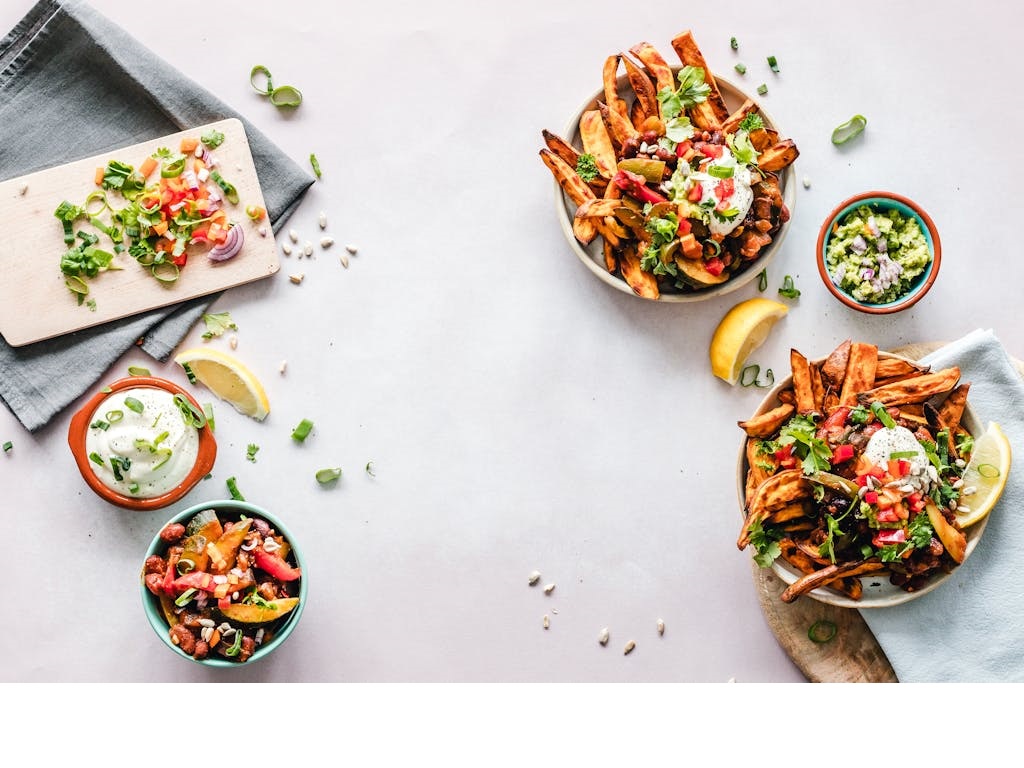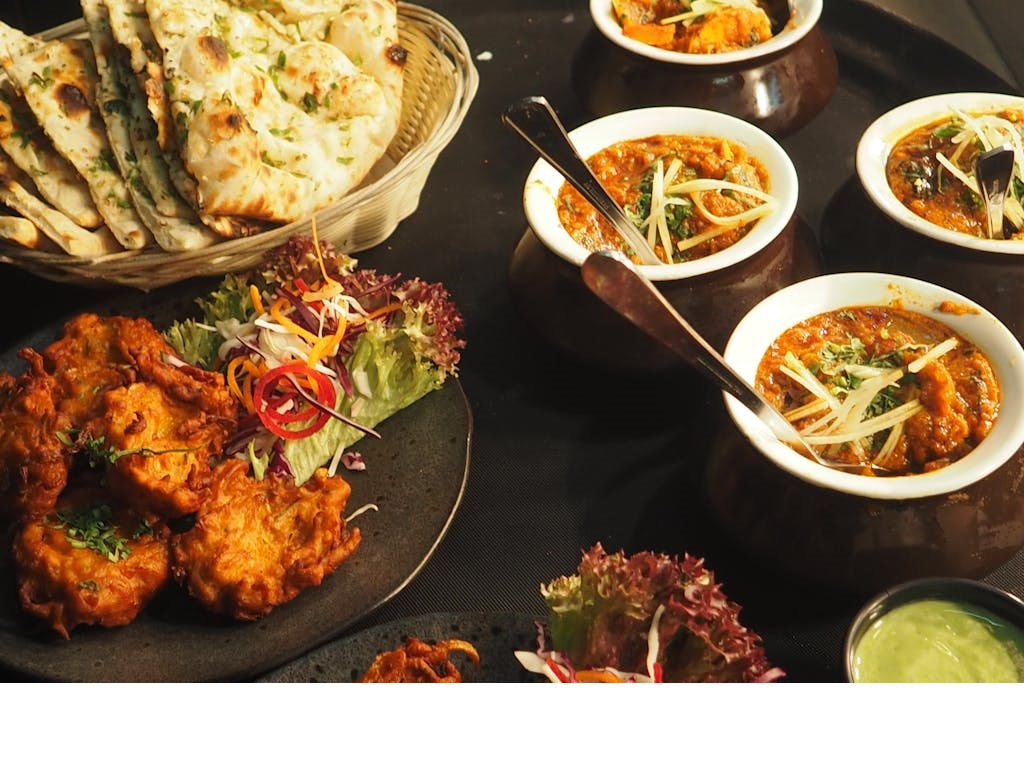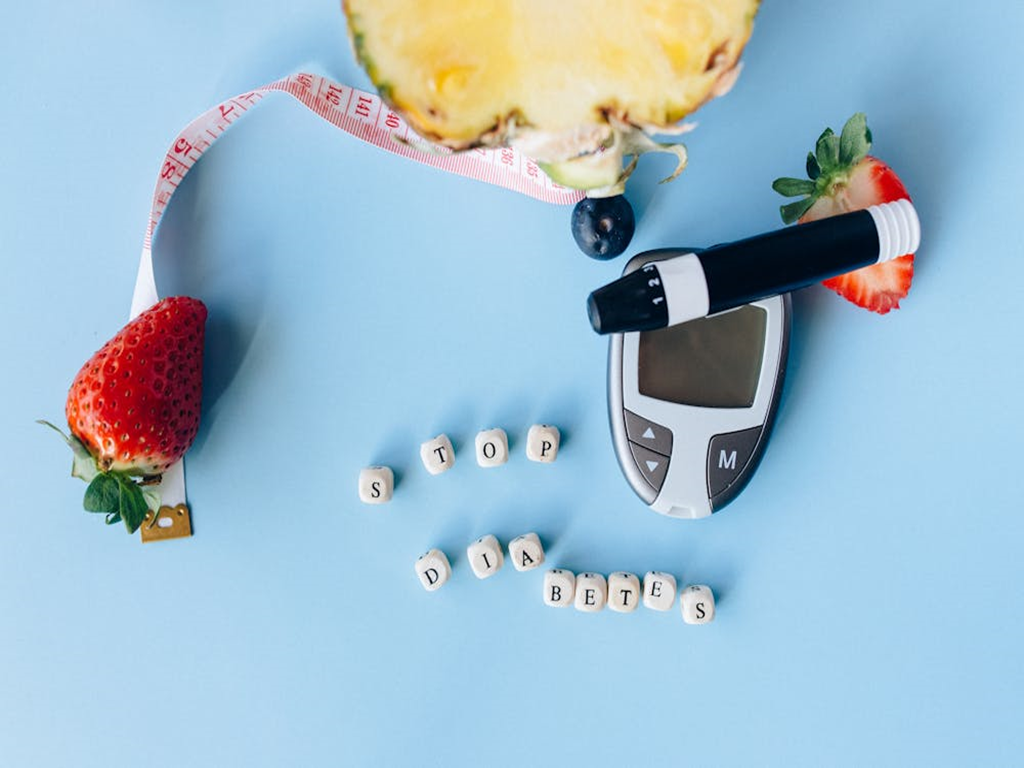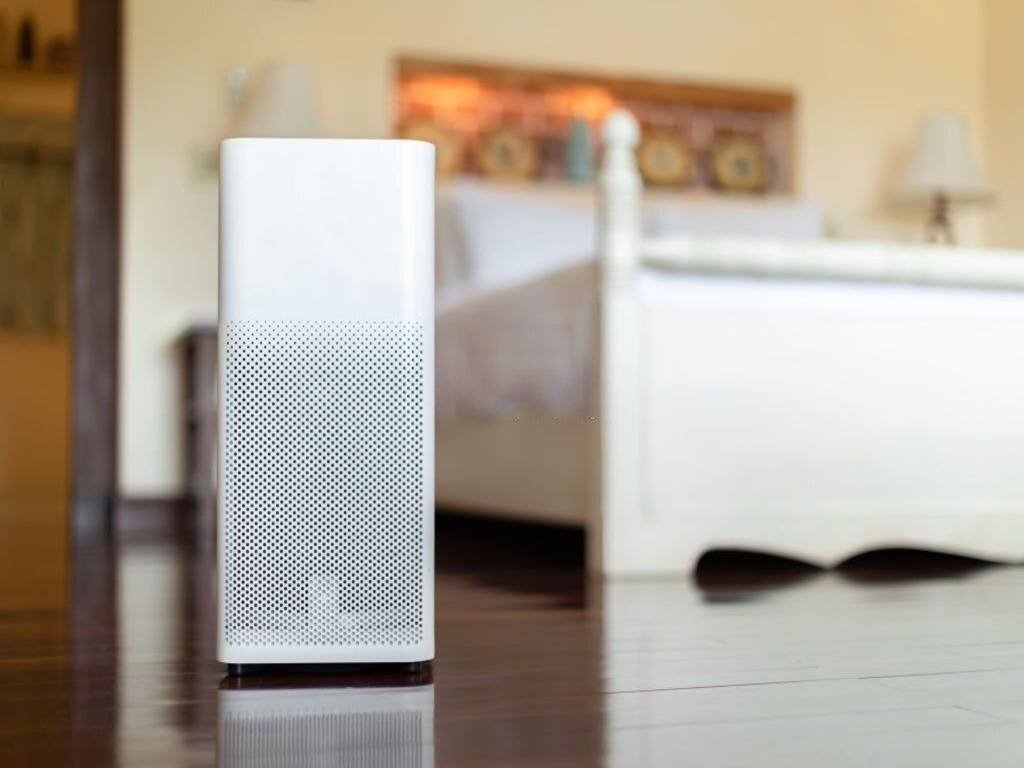
Nasal congestion, often accompanied by stuffiness, difficulty breathing, and sinus pressure, can be uncomfortable and disruptive to daily life. While certain foods can provide relief or exacerbate symptoms, it’s essential to be mindful of what you eat when experiencing nasal congestion. Here are seven foods that may worsen nasal congestion:
Dairy Products
Dairy foods like milk, cheese, and yogurt can thicken mucus in the respiratory tract, potentially exacerbating nasal congestion. For some individuals, avoiding dairy products temporarily may help alleviate congestion.
Processed Foods
Processed foods, particularly those high in salt, additives, and preservatives, can contribute to inflammation in the body, including the nasal passages. These foods may include packaged snacks, canned soups, and frozen meals.
Spicy Foods
While spicy foods can temporarily clear nasal passages by triggering mucus production and promoting nasal drainage, they may also cause irritation and worsen congestion for some individuals. Moderation is key when consuming spicy foods during nasal congestion.
Sugary Foods and Beverages
Foods high in refined sugars, such as candies, pastries, and sugary drinks, can weaken the immune system and promote inflammation, potentially exacerbating nasal congestion. Limiting sugar intake may help reduce congestion symptoms.
Fatty Foods
High-fat foods, particularly those rich in saturated and trans fats, can contribute to inflammation and worsen nasal congestion. Avoiding fried foods, fatty cuts of meat, and processed snacks may help alleviate congestion symptoms.
Alcohol
Alcohol can cause dehydration, leading to thicker mucus and exacerbating nasal congestion. Additionally, alcoholic beverages like wine and beer may contain histamines and sulfites, which can trigger or worsen allergy symptoms and congestion in some individuals.
Caffeinated Beverages
While moderate caffeine intake may not directly worsen nasal congestion, it can contribute to dehydration, which may thicken mucus and exacerbate congestion symptoms. Limiting caffeinated beverages like coffee, tea, and energy drinks may be beneficial during episodes of nasal congestion.
While avoiding these foods may help alleviate nasal congestion for some individuals, it’s essential to listen to your body and identify which foods worsen your symptoms. Additionally, staying hydrated by drinking plenty of water and consuming a balanced diet rich in fruits, vegetables, whole grains, and lean proteins can support overall respiratory health and alleviate congestion symptoms. If nasal congestion persists or worsens, consult with a healthcare professional for proper diagnosis and treatment.






















